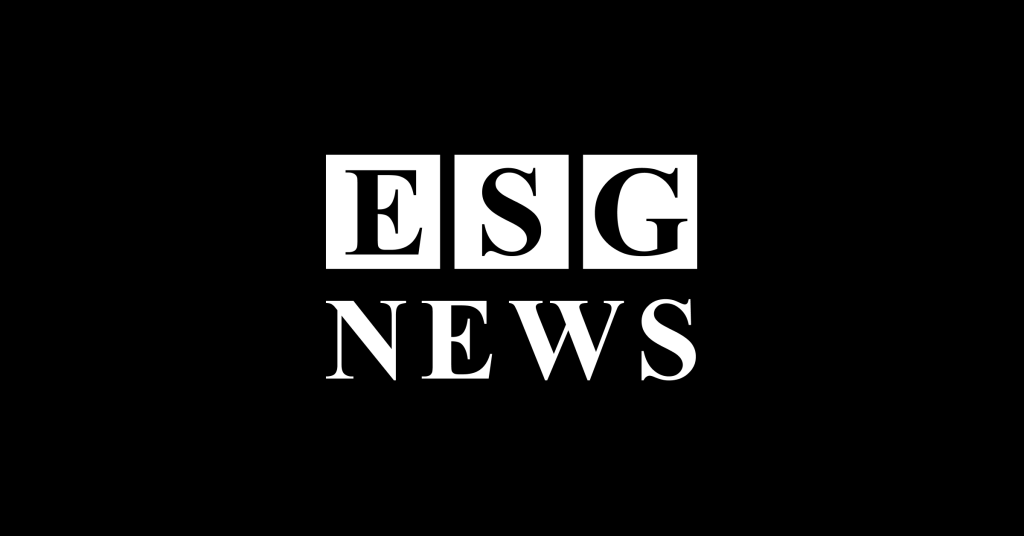Turkey will require airlines and jet fuel suppliers to meet a 5% emissions reduction target by 2030 through the use of sustainable aviation fuel (SAF).
Domestic refiners Tupras and Socar must begin SAF production; penalties will be imposed for non-compliance.
The aviation sector must load at least 90% of required SAF in Turkey for international flights.
Turkey is introducing mandatory sustainable aviation fuel (SAF) requirements for airlines and fuel suppliers to cut aviation emissions by 5% by 2030, according to its civil aviation authority.
The initiative is designed to align with the U.N. International Civil Aviation Organization’s (ICAO) emissions reduction scheme, which becomes compulsory in 2027.
Under the new rules:
Airlines operating international flights involving Turkey must use enough SAF to meet the 5% emissions reduction goal.
Jet fuel suppliers in Turkey will be required to procure and distribute SAF accordingly.
Domestic refiners Tupras and Socar must begin SAF production to support supply targets.
The authority also announced that “airline operators must load 90% of the SAF they need for international flights in Turkey,” ensuring local uptake of the fuel. It further stated that “minimum emission reduction targets will be published before the end of the third quarter each year,” and that airlines and suppliers will face penalties for any non-compliance.
RELATED ARTICLE: Turkey Raises Greenhouse Gas Emission Reduction Target for 2030
Tupras, Turkey’s largest oil refiner, has committed to producing 20,000 metric tons of SAF by 2026 at one of its major facilities. The company also plans to scale up production to 400,000 tons by constructing a new unit at its Izmir refinery, subject to a final investment decision.
DB Tarımsal Enerji, a local biofuel firm, is also contributing to the supply effort with plans to produce 100,000 tons of SAF at a new facility.
The push comes as aviation accounts for 2.5% of global energy-related CO2 emissions, according to the International Energy Agency. Meanwhile, Turkey’s jet fuel demand dropped by 4% last year to 6.26 million tons, or 135,000 barrels per day, as reported by the country’s energy regulator.
Follow ESG News on LinkedIn

